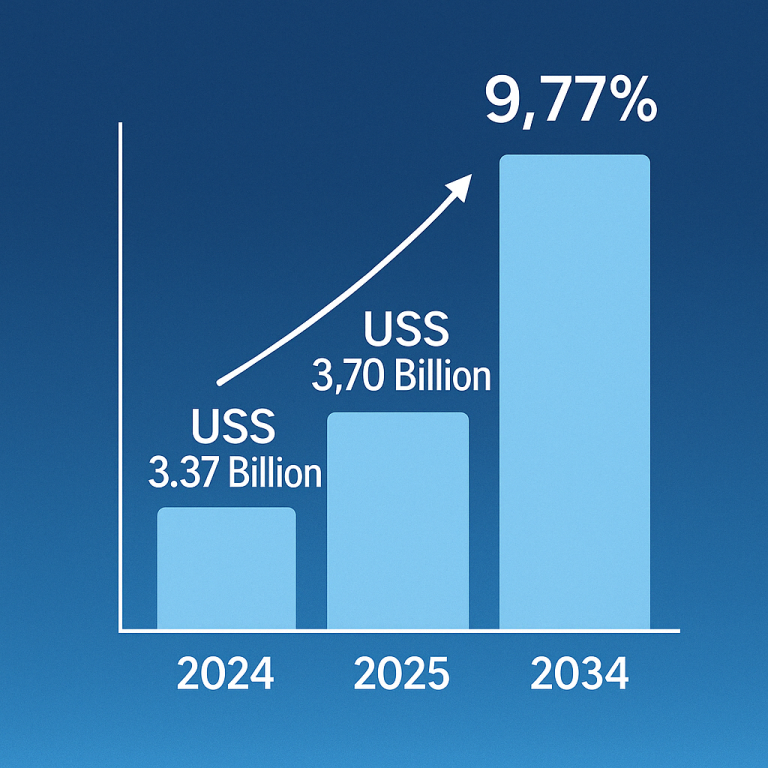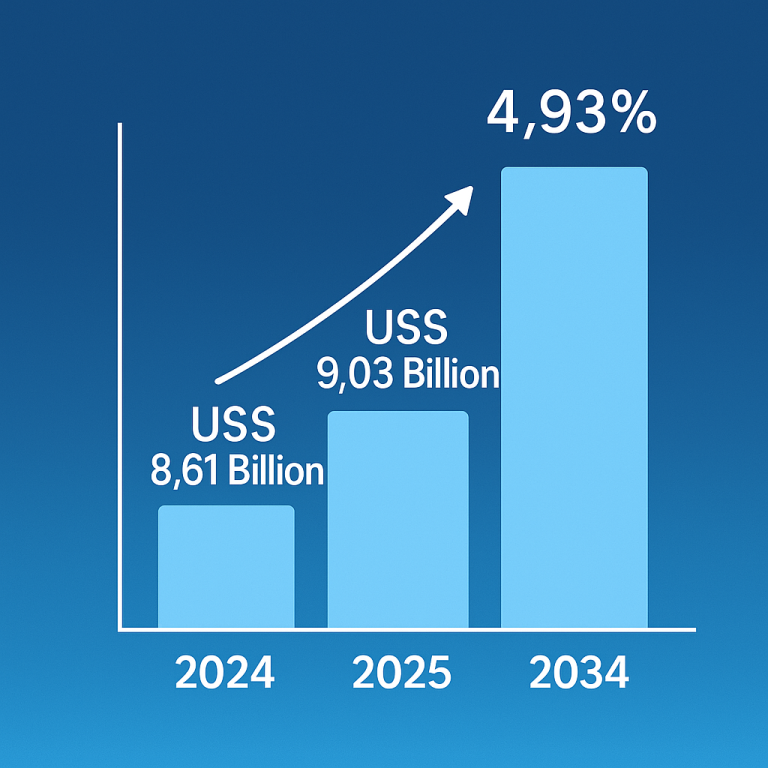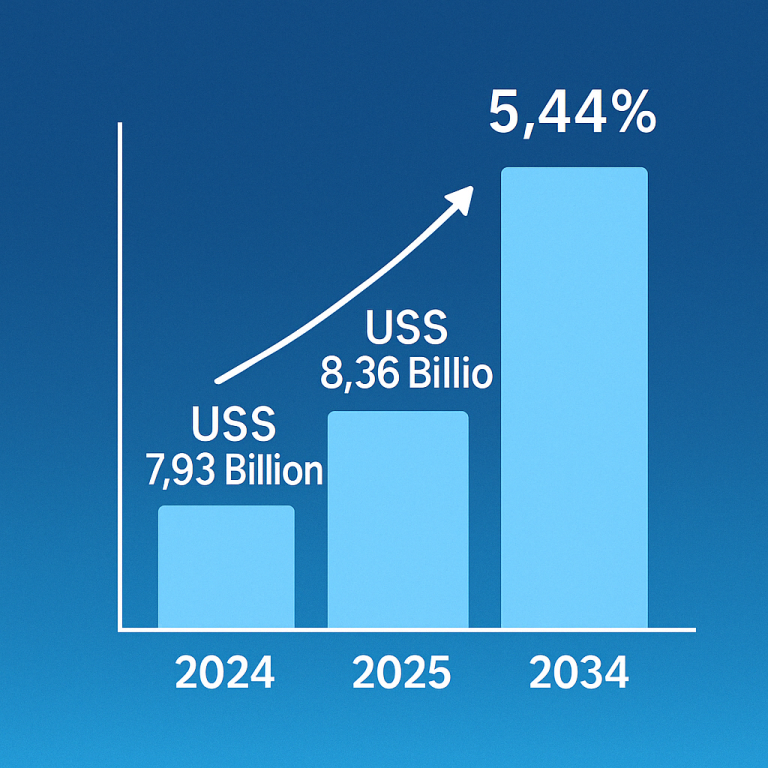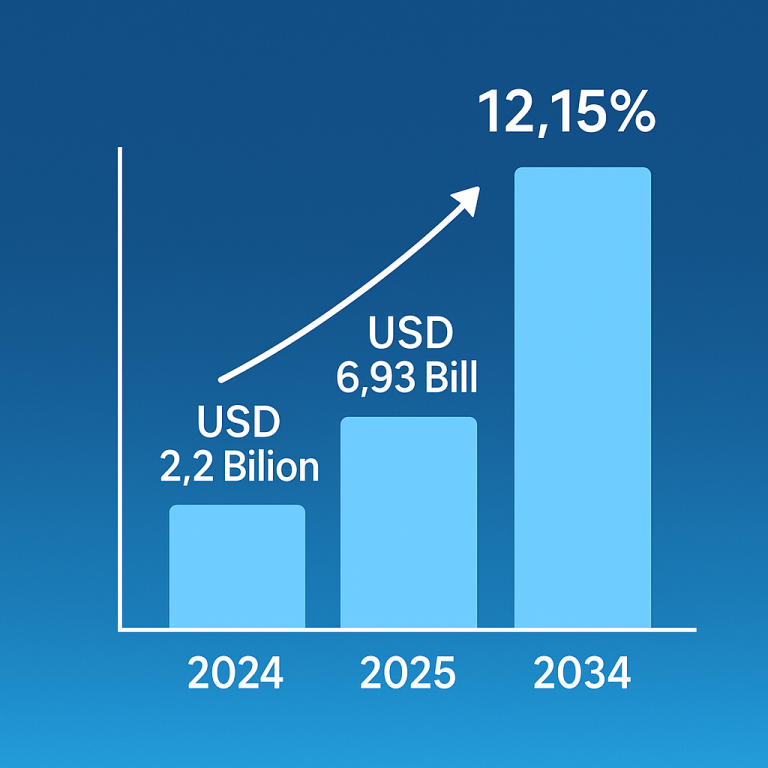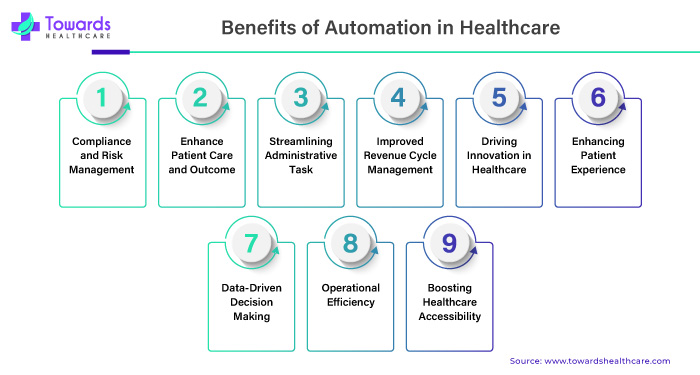
Metastatic Challenges in the United States
The National Cancer Institute projects a staggering increase in individuals grappling with Metastatic Breast, Prostate, Lung, Colorectal, or Metastatic Melanoma in the United States. By 2025, the number of patients is anticipated to soar to 693,451. Amidst this concerning trend, Robotic Surgery emerges as a groundbreaking approach, setting unprecedented standards in Cancer Treatment.
For the Short version of this report: https://www.towardshealthcare.com/personalized-scope/5098
Intelligent Healthcare Automation Unveiled
Identifying Health Issues Swiftly
Healthcare automation functions as an arsenal of intelligent tools, swiftly identifying potential health issues by analyzing extensive data, including genes and medical history. This proactive approach aids in early problem detection, a pivotal factor in effective treatment.
Personalized Plans for Optimal Care
Utilizing the gathered information, automated systems craft personalized healthcare plans for individuals, taking into account their lifestyle and genetic makeup. This tailored approach ensures that treatment aligns with the specific needs of each patient.
Remote Patient Monitoring for Accessibility
Automation extends its reach by enabling the monitoring of patients through wearable devices, facilitating real-time data sharing with healthcare professionals. This breakthrough allows individuals with chronic conditions to attend virtual appointments from the comfort of their homes, significantly enhancing healthcare accessibility.
Medication Management and Disease Prevention
Beyond these capabilities, automation becomes a reliable ally in medication management. It not only reminds individuals to take their medicines but also tracks adherence to the prescribed treatment, ensuring a consistent and effective healthcare regimen. Moreover, the technology analyzes data on a broader scale, predicting health trends and preventing the spread of diseases.
Empowering Healthcare Professionals
Healthcare automation doesn’t merely benefit patients; it plays a crucial role in supporting healthcare professionals. By handling administrative tasks such as appointment scheduling and paperwork, automated systems free up valuable time for doctors to focus on patient care. It’s imperative, however, to implement these tools ethically, obtaining patient consent and involving doctors in pivotal decisions, striking a balance between innovative technology and compassionate healthcare.
The Data Revolution in Healthcare
In today’s dynamic healthcare landscape, a pivotal focus is on establishing, securing, and implementing advanced data ecosystems. The challenge lies in aggregating information from diverse sources, necessitating a sustained commitment to a well-thought-out data strategy.
Digital Transformation and IT Integration
For those embracing digital transformation, the next step involves identifying weaknesses in IT integration and interoperability. This strategic move enhances automation, analytics, and AI, propelling progress in digital workflows. Transitioning from isolated solutions to contemporary data platforms fosters integration, delivering insights that optimize workflows and, consequently, improve patient outcomes.
Unified Communication and Collaboration Tools
Unified communication and collaboration tools emerge as indispensable components, offering benefits like heightened clinician satisfaction and increased patient engagement. These tools play a vital role in overcoming staffing constraints, contributing to an efficient and seamless healthcare environment.
Government Initiatives and Healthcare Automation
It’s noteworthy that government initiatives actively invest in healthcare automation to boost overall efficiency. This strategic involvement aligns with the broader trend of leveraging technology to enhance patient care and streamline processes. Increased innovation in healthcare holds the promise of improved medical treatments, streamlined processes, and ultimately, better patient outcomes.
Showcasing Healthcare Automation Success Stories
Lee Health and Caregility’s Platform
In 2021, Lee Health embraced Caregility’s platform and mobile patient monitoring carts, revolutionizing remote patient observation. These carts, equipped with microphones, speakers, and high-resolution cameras, facilitate seamless patient monitoring. Virtual safety attendants use the system to access audio, video, and medical records, ensuring swift communication and emergency response.
Houston Methodist Cypress Hospital’s 5G Revolution
In a bold move, Houston Methodist Cypress Hospital plans to implement a 5G network across its campus by early 2025. This initiative aims to connect patient rooms to business and medical device networks, ushering in a new era of patient care enhanced by existing technology.
Hackensack Meridian Health and Chromebooks
In 2020, Hackensack Meridian Health demonstrated agility by setting up over 3,000 Chromebooks with Citrix, thanks to a partnership with Google’s cloud infrastructure. This initiative supported remote work, showcasing adaptability in the face of economic challenges, with affordability remaining a top concern looking ahead to 2024.
The synergy of Robotic Surgery and Healthcare Automation is reshaping the landscape of cancer treatment and overall healthcare delivery. Embracing these technological advancements not only ensures optimal patient care but also empowers healthcare professionals and organizations to navigate the challenges of an evolving healthcare ecosystem.
Access our Premium Real Time Data Intelligence Tool, Visit: https://www.precedencestatistics.com/request-for-demo
Read More Snapshots:
